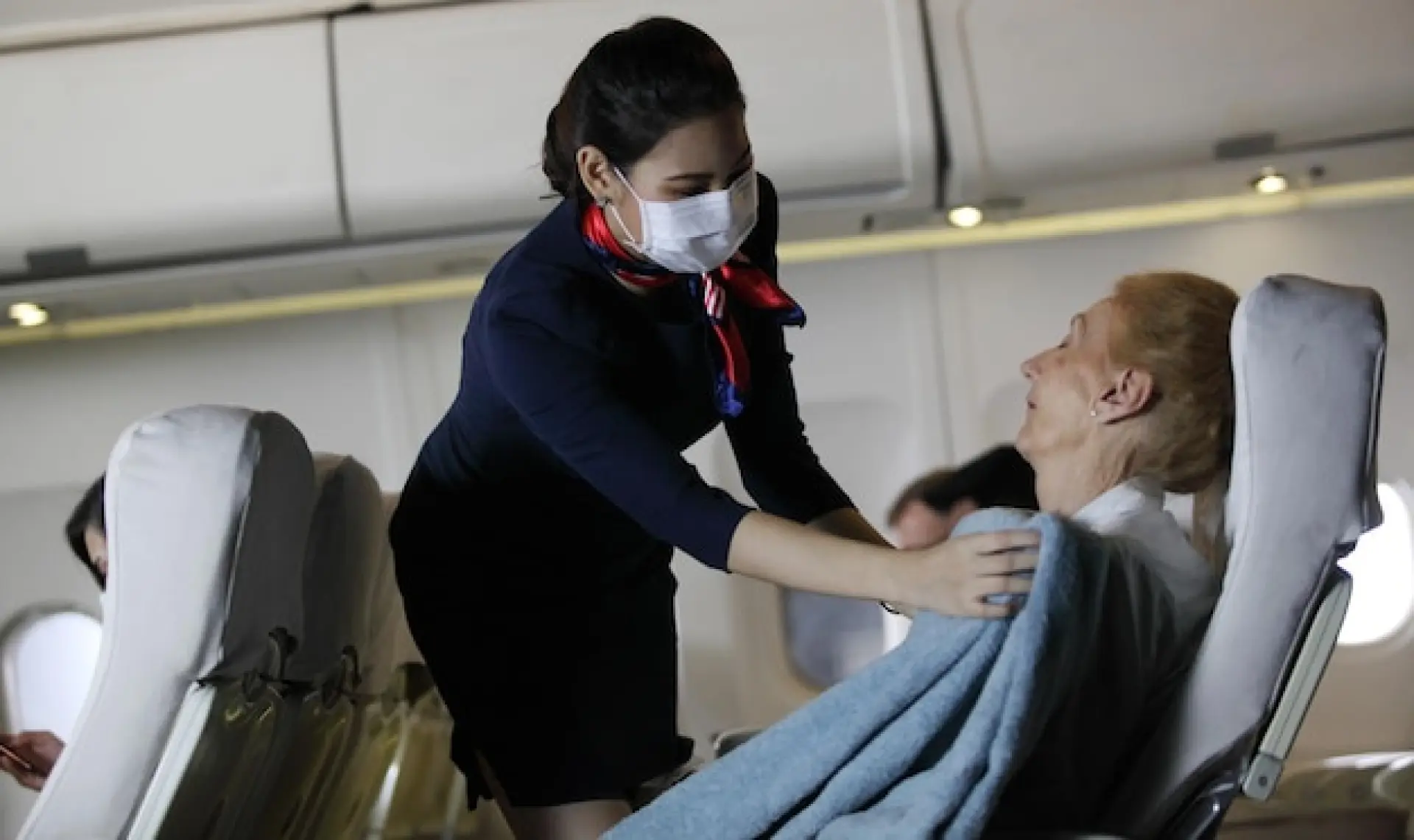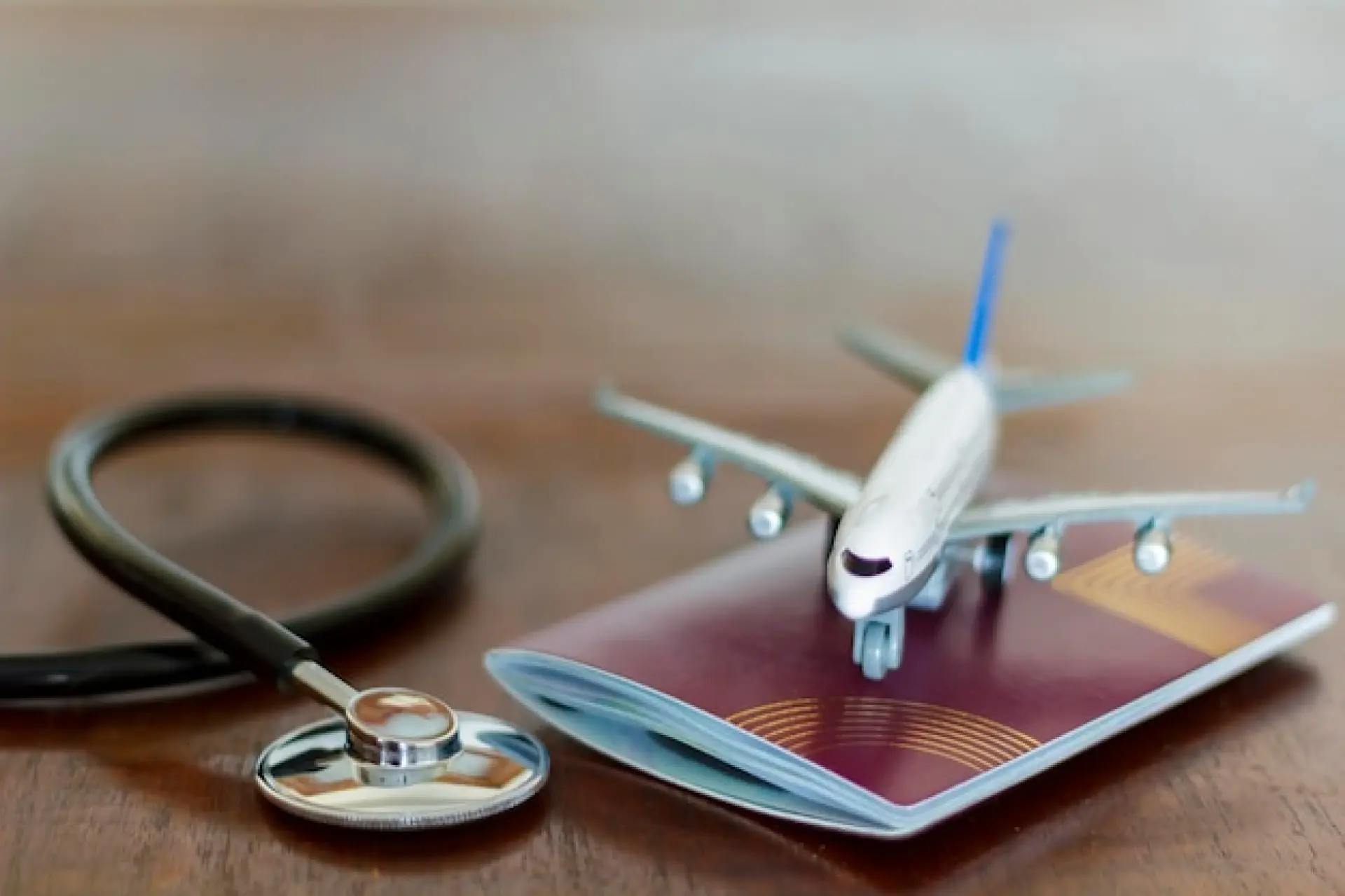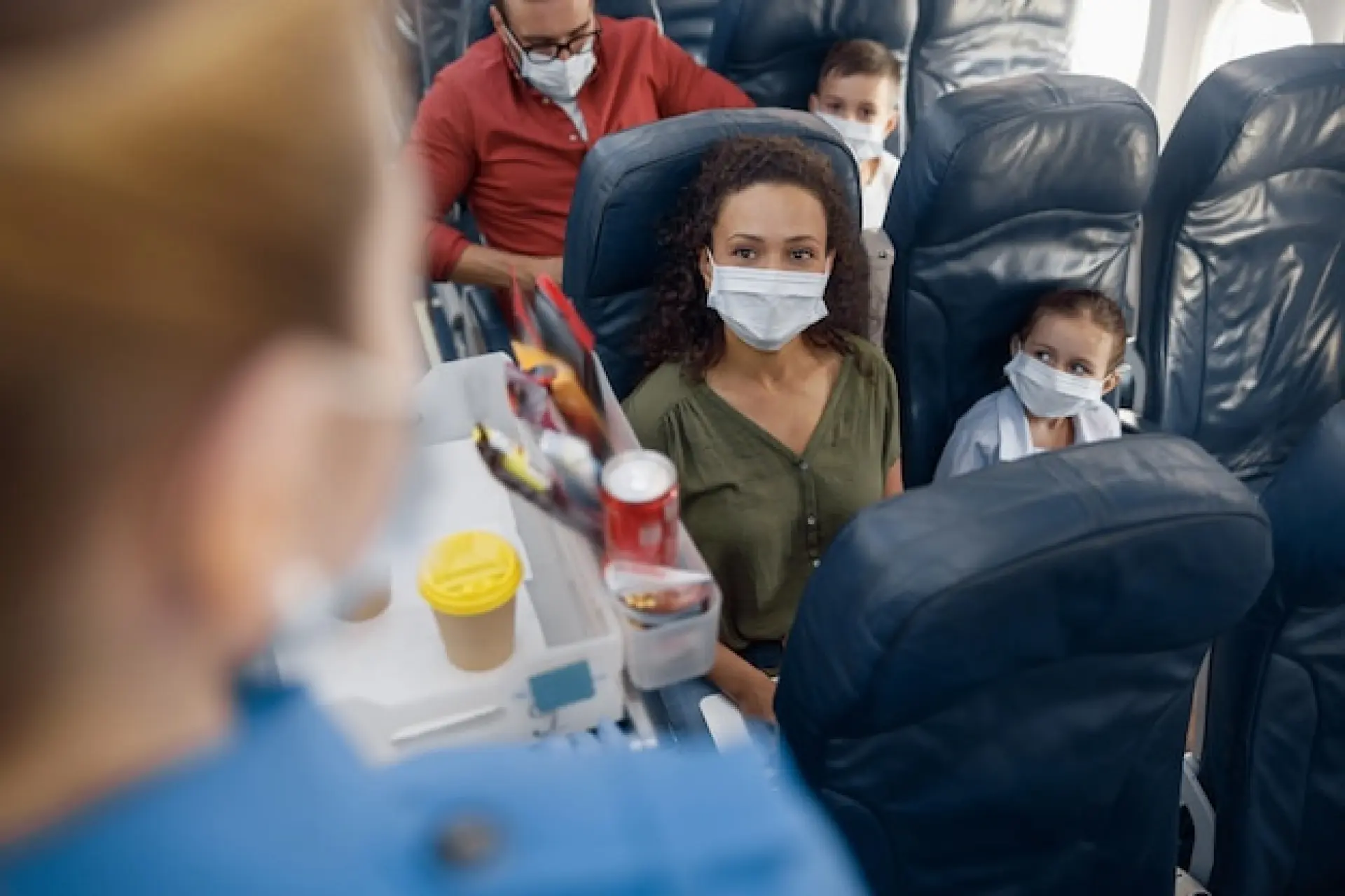Find out What to Expect During a Medical Repatriation Flight. Our onsite medical team provides constant monitoring and immediate response to ensure a comfortable and safe journey.
Pre-Flight Preparations and Medical Assessment
Before a medical repatriation flight, a detailed assessment is carried out to determine the patient’s condition and specific needs. Medical professionals review health records, liaise with treating doctors, and decide on the best transport method. A flight plan is created, ensuring appropriate medical support is in place.
The patient may require stabilisation before departure, including medication adjustments or pre-flight treatments. Travel documentation, including medical clearance, is arranged. Family members or accompanying passengers are briefed on procedures and expected care during the journey. Every detail is carefully planned to ensure a smooth transfer from the current medical facility to the destination, whether a home or hospital.
Types of Medical Repatriation Transport Available
The type of medical transport depends on the patient’s condition and location. Air ambulance flights are fully equipped with intensive care facilities for critically ill patients. Commercial airline medical escorts are an option for those stable enough to travel in a first-class or stretcher arrangement with medical staff.
Some airlines provide dedicated medical compartments for in-flight care. For shorter distances, ground ambulance transport may be used in combination with air travel. Each method is chosen based on medical needs, speed, and cost considerations. The decision ensures the safest and most efficient repatriation for the patient.
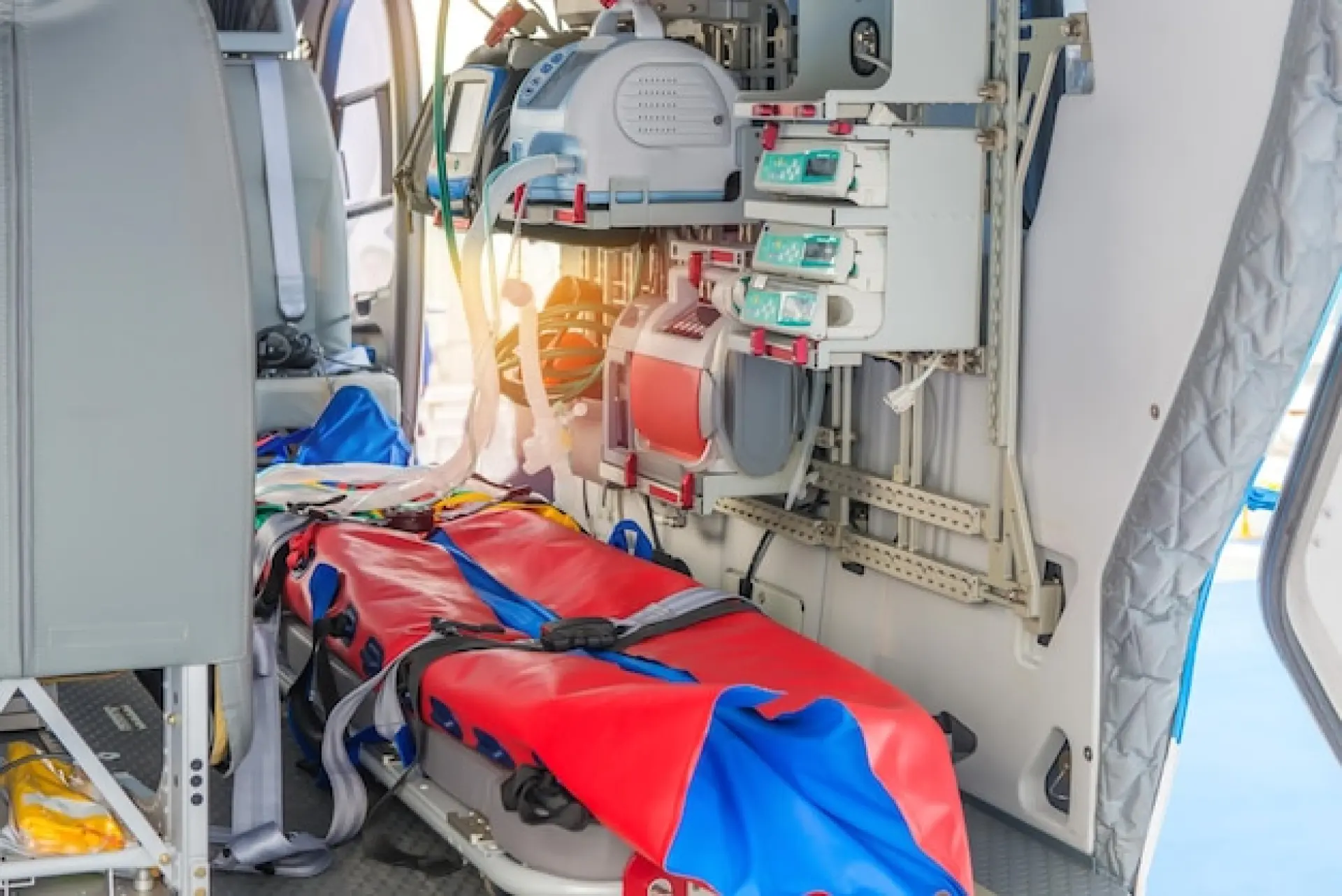
For cases where immediate intervention might be required, an air ambulance is often the best choice, as these flights operate like flying hospitals with highly trained medical teams and life-support systems on board. They can also accommodate patients who require sedation, intensive monitoring, or specialised ventilation support.
On the other hand, commercial medical repatriation may be more practical for stable patients who do not require high-level interventions during travel. These flights offer stretcher services, wheelchair assistance, and private medical staff to ensure the journey is comfortable and safe.
The choice between these options is carefully made based on a combination of medical urgency, available resources, and the distance to be covered. Whether via a private jet or a modified commercial airline seat, the focus remains on ensuring the patient’s health is not compromised throughout the journey.
Who Travels with the Patient?
A medical repatriation flight typically includes a team of healthcare professionals, such as doctors, paramedics, or specialist nurses, depending on the patient’s condition. If space and medical circumstances allow, family members or close companions may travel alongside the patient. In some cases, only medical staff accompany the patient to ensure continuous care. Coordination with the receiving medical facility ensures seamless handover upon arrival.
When necessary, translators, administrative coordinators, or case managers may also be involved to facilitate communication and logistical arrangements. The priority is to maintain the patient’s well-being and ensure a stress-free transfer.
Medical Equipment and Onboard Care
Medical repatriation flights are equipped with specialised medical equipment tailored to the patient’s needs. This may include ventilators, cardiac monitors, defibrillators, and oxygen supplies. Medications are administered as required, and intravenous therapy is available when necessary. The aircraft is adapted to provide a controlled environment, with temperature and cabin pressure adjusted for medical stability.
Whether in an air ambulance or a commercial airline’s medical section, the setup allows continuous monitoring. The medical team remains vigilant throughout the journey, responding promptly to any changes in the patient’s condition and ensuring they remain comfortable.
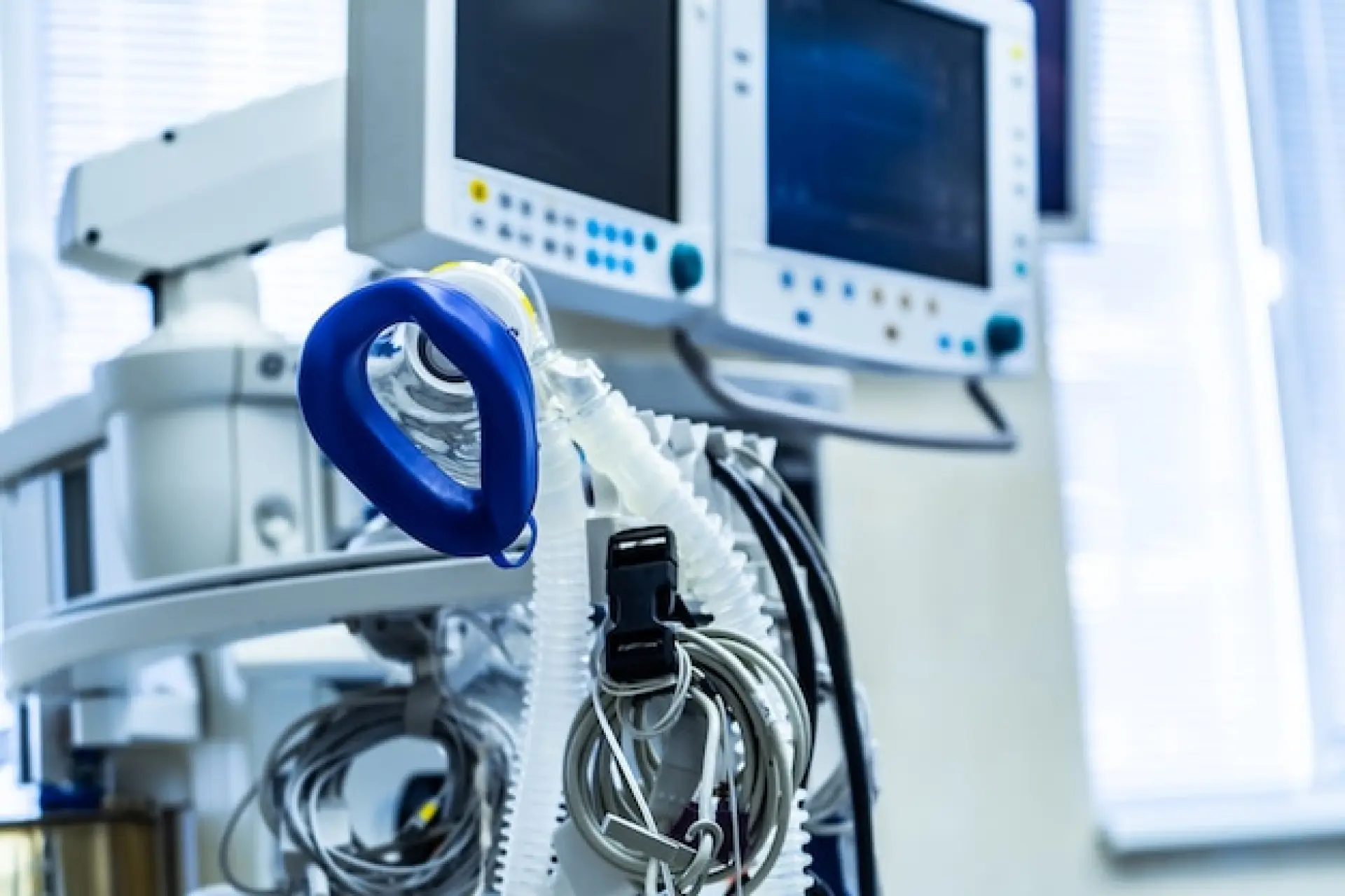
The medical setup on board is designed to replicate the care available in a hospital setting, ensuring patients with complex conditions receive the necessary support. Advanced cardiac life support systems, portable laboratory diagnostic tools, and emergency intervention kits are available in case of sudden deterioration.
If a patient requires non-invasive or invasive ventilation, the aircraft is prepared to accommodate these needs with the necessary oxygen supply and monitoring systems. Additionally, medical teams ensure pain management and symptom control are effectively provided throughout the flight.
The presence of trained professionals ensures that even unexpected complications can be managed without unnecessary risk. Every medical flight is equipped with emergency protocols, ensuring quick action in case of unforeseen circumstances, making medical repatriation a safe and viable option for critically ill patients.
How Medical Staff Support Patients During the Flight
During a medical repatriation flight, the onboard medical team provides continuous monitoring and support. They assess vital signs, administer medications, and manage any immediate medical concerns. Oxygen therapy, pain relief, and hydration are provided as needed. If complications arise, trained professionals intervene swiftly to stabilise the patient.
Communication with the receiving hospital or medical facility ensures a smooth transition upon landing. The goal is to keep the patient as comfortable as possible, minimising stress and ensuring safe transport. Medical staff also offer reassurance to accompanying family members, explaining procedures and addressing any concerns throughout the journey.
Call today for medical repatriation flights from Spain. We offer medical repatriation by air from Costa Del Sol, Costa Blanca, Catalonia and all Spanish locations.

